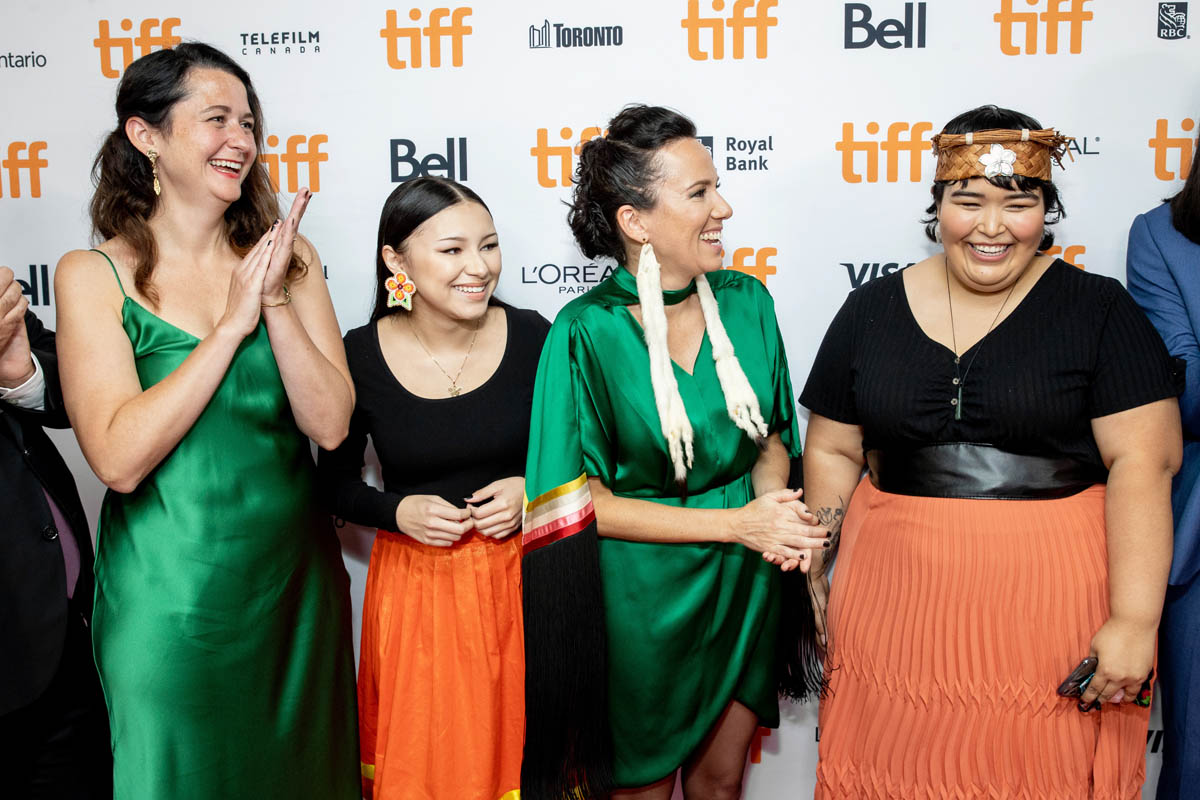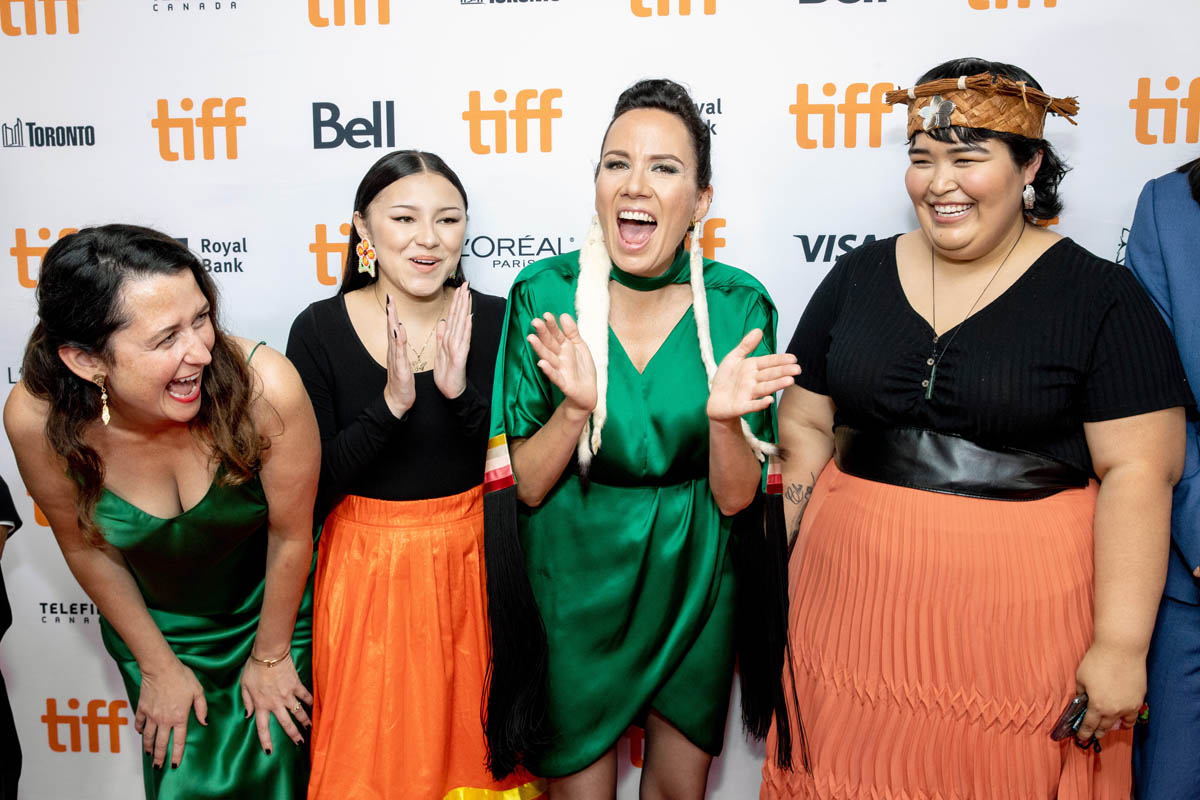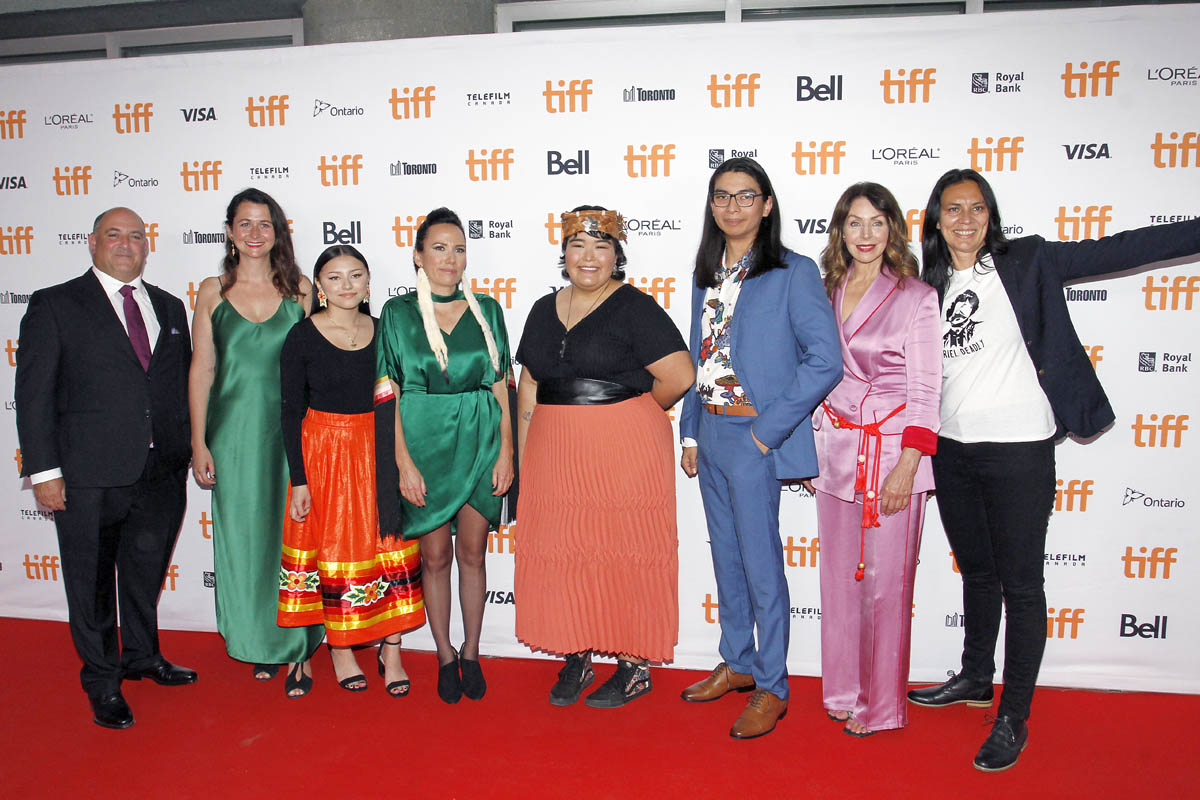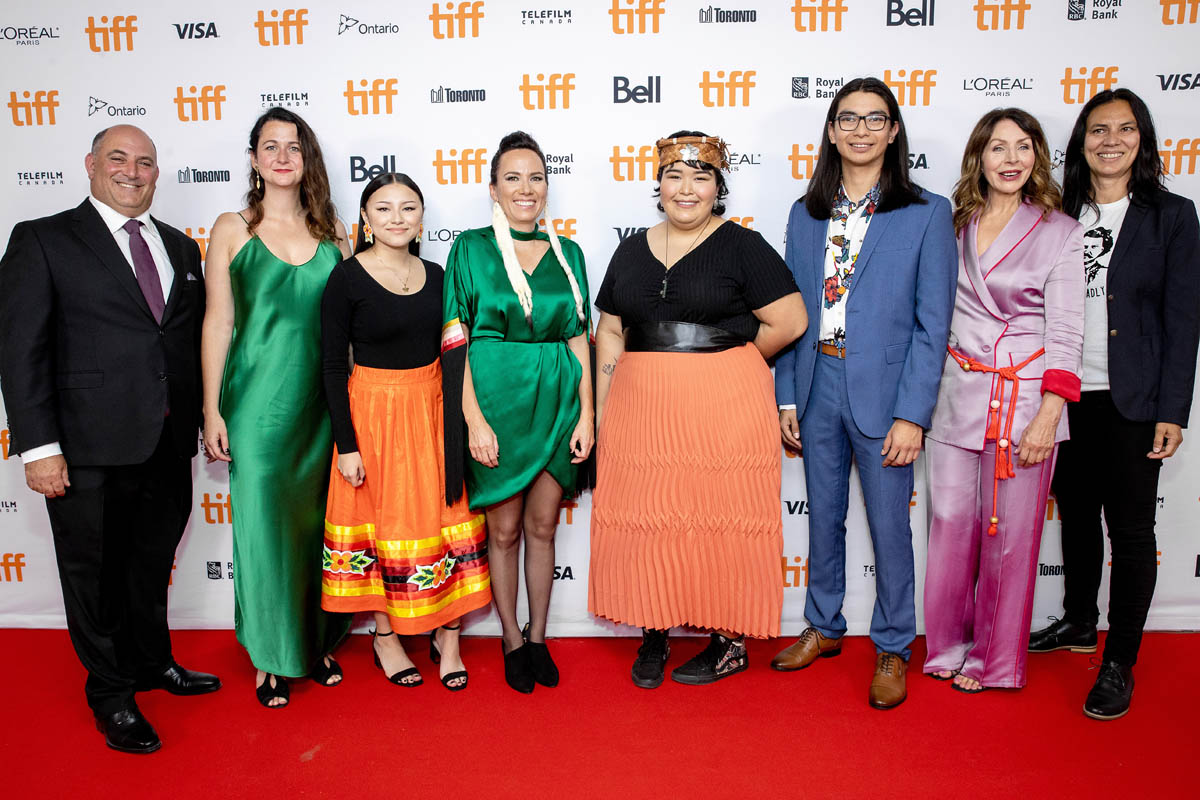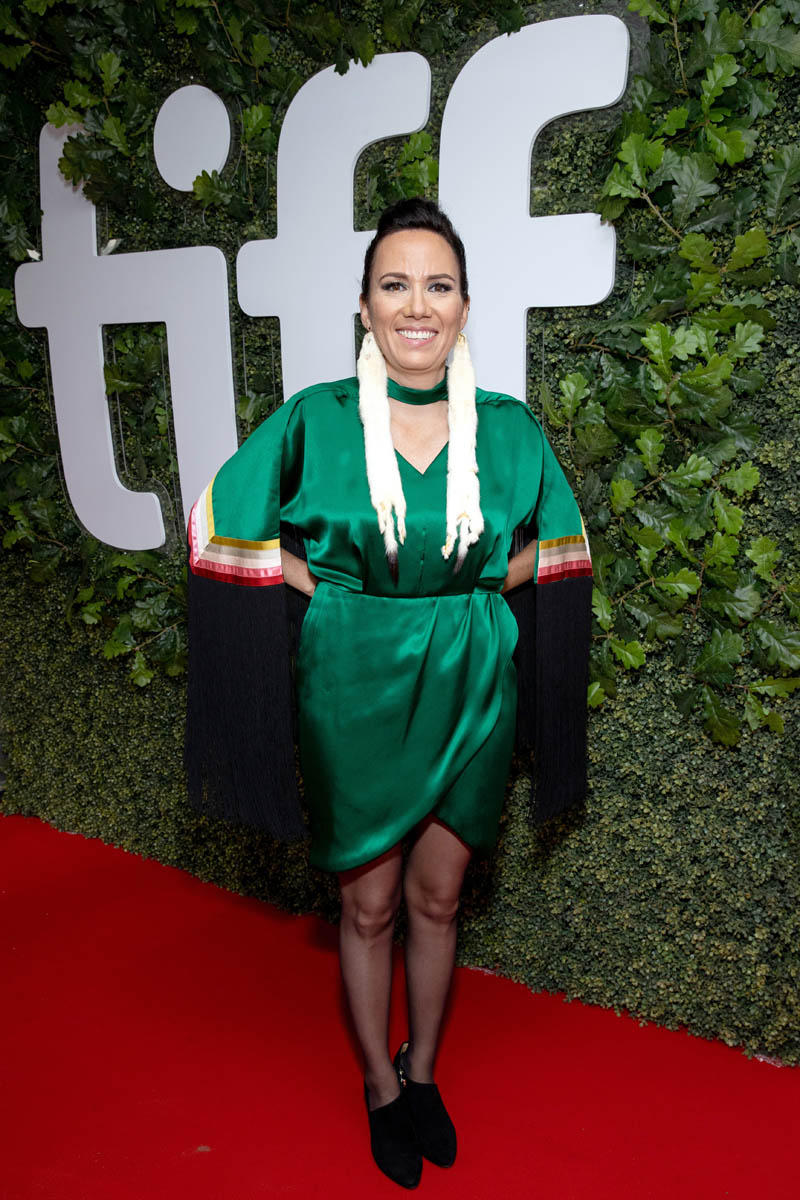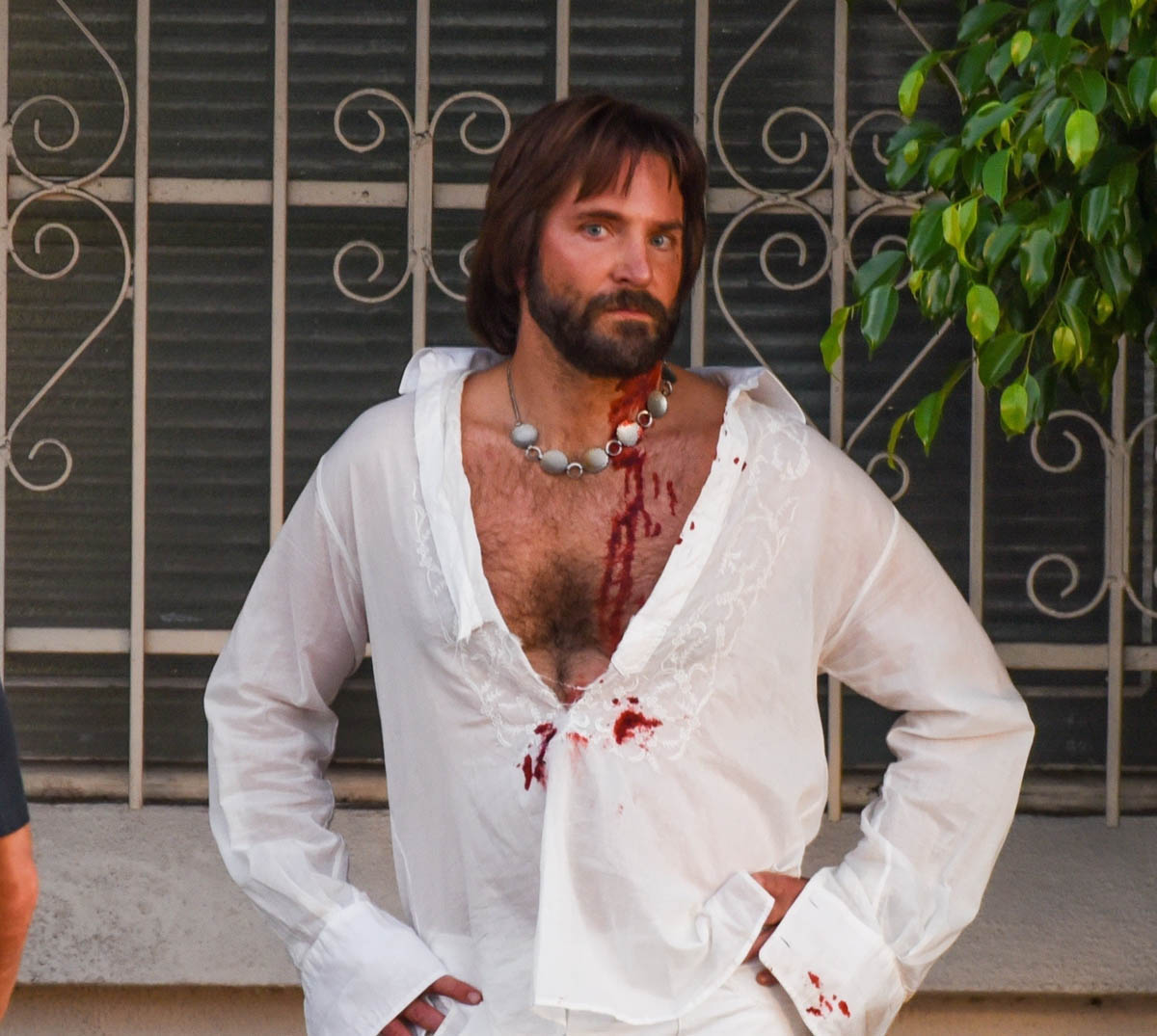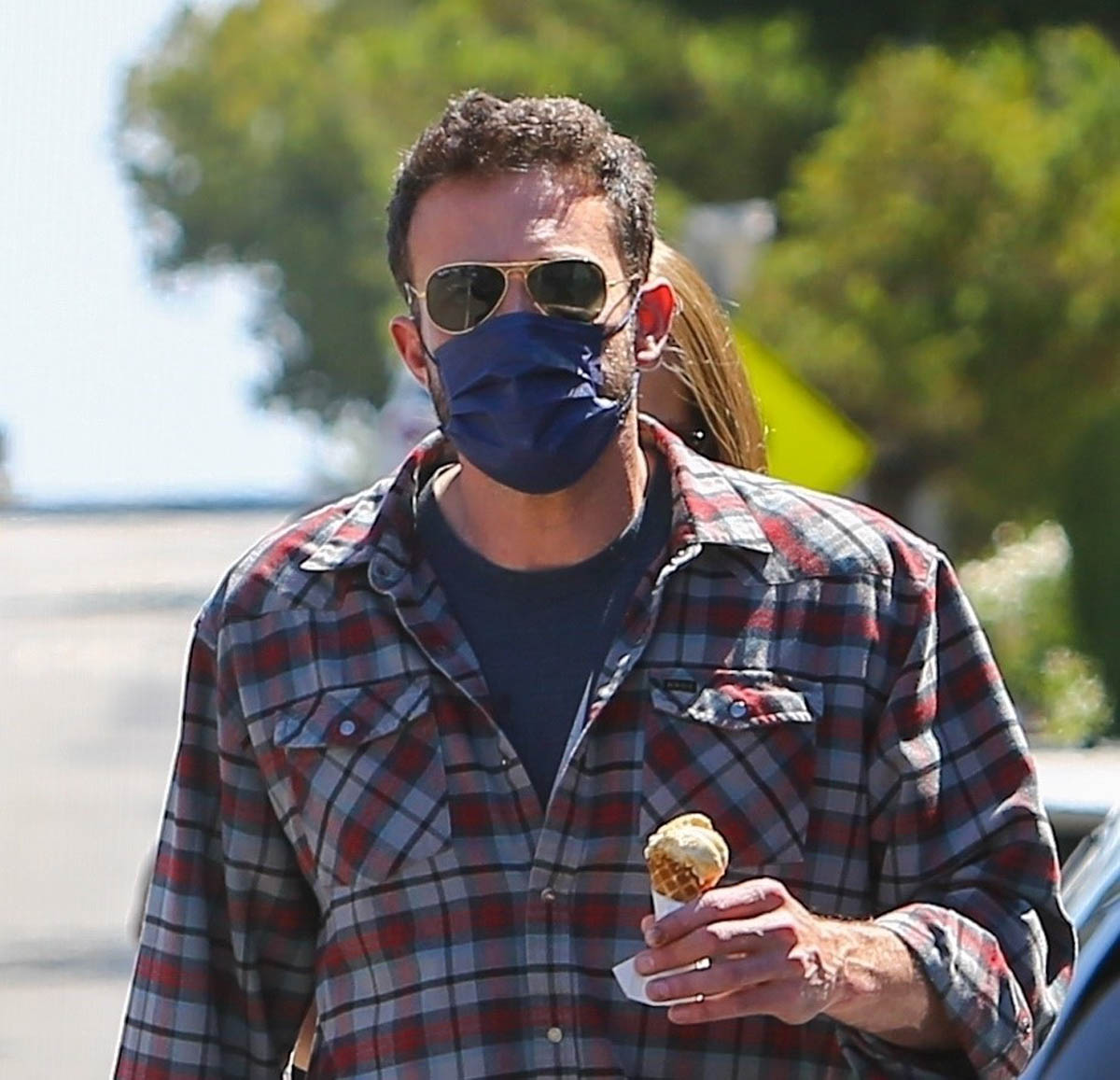TIFF Review: Danis Goulet’s Night Raiders is a Phenomenal First Feature




We are wrapping up TIFF 2021 with Danis Goulet’s feature directorial debut, Night Raiders, a future-set dystopia with YA undertones and an Indigenous bent. Written and directed by Goulet, Night Raiders is set in a near future in which it is implied that America has conquered Canada for resources (I mean…we are that bitch), and now children are being torn from their families and raised in “state academies” to become soldiers oppressing their own people. The allegory is not subtle, but it is no less effective for its obviousness. As a stand-in for residential schools and the havoc they wrecked on Indigenous communities for generations, Night Raiders is pointed and damning, addressing the personal emotional fallout of parent-child separations, and the larger communal loss when children are divorced from their heritage. But Night Raiders isn’t just sci-fi with a conscience, it’s just a damn good sci-fi movie, period.
Elle-Máijá Tailfeathers stars as Niska, a mother who has managed to keep her daughter, Waseese (Brooklyn Letexier-Hart), with her for years despite government crackdowns and surveillance drones that constantly hover nearby. When Waseese is injured, though, Niska has no choice but to leave her behind and hope the state academy can save her life. At first, Niska thinks she will just wait it out, and reunite with Waseese once she “graduates”. However, it soon becomes clear that the state academies are more like reeducation camps, and by the time Waseese is released, she will no longer be the daughter Niska knows and loves. This leaves Niska with no choice but to attempt a daring raid to save her daughter, aided by a band of Indigenous resistors fighting to preserve their land and children’s futures.
The dystopian slant of Night Raiders is extremely good, packing more psychological horror into 97 minutes than The Hunger Games did in four movies, and it’s largely because Goulet doesn’t flinch from the mental and emotional toll taken on not only the children being indoctrinated, but the parents left behind. The sight of kids complying with their captors isn’t just heartbreaking, it’s outright scary with all the implications of loss of culture and personhood. And Waseese’s attempts to resist the indoctrination are small but feel like real rebellions, with tangible stakes on the line because we understand, from her mother’s perspective, what stands to be lost if she gives in. That recent, devastating revelations about the human toll of residential schools has been in the news doesn’t hurt, but Night Raiders still works without the meta-layer of current events. It’s a sharp, decisive commentary on the harm of colonization and cultural oppression that at its best reminds me of Starship Troopers for its brutal commentary on the state.
I just wish Goulet had a budget to match her vision. Night Raiders is an impressive low budget achievement, and Goulet has an excellent eye for action, but the climax is a little underwhelming simply because it is so small scale. We don’t need a blockbuster-esque CG throwdown, but the entire final sequence is basically one giant contrivance simply because there is no other way to stage it except with minimal resources. Waseese’s big moment is well executed, but it’s hard not to picture what could have been with more money, and the greater time and scope it affords. It’s not that Night Raiders looks bad, it certainly does not, but the idea is so good, and Goulet’s command of her story and the performances she gets from her actors so good, that you can’t help but wish she had more to work with, that she could have pushed the visuals and staging as far as she wants, just to see what that looks like. But Goulet gets the most from what she has to work with, and Night Raiders is a phenomenal first feature.



